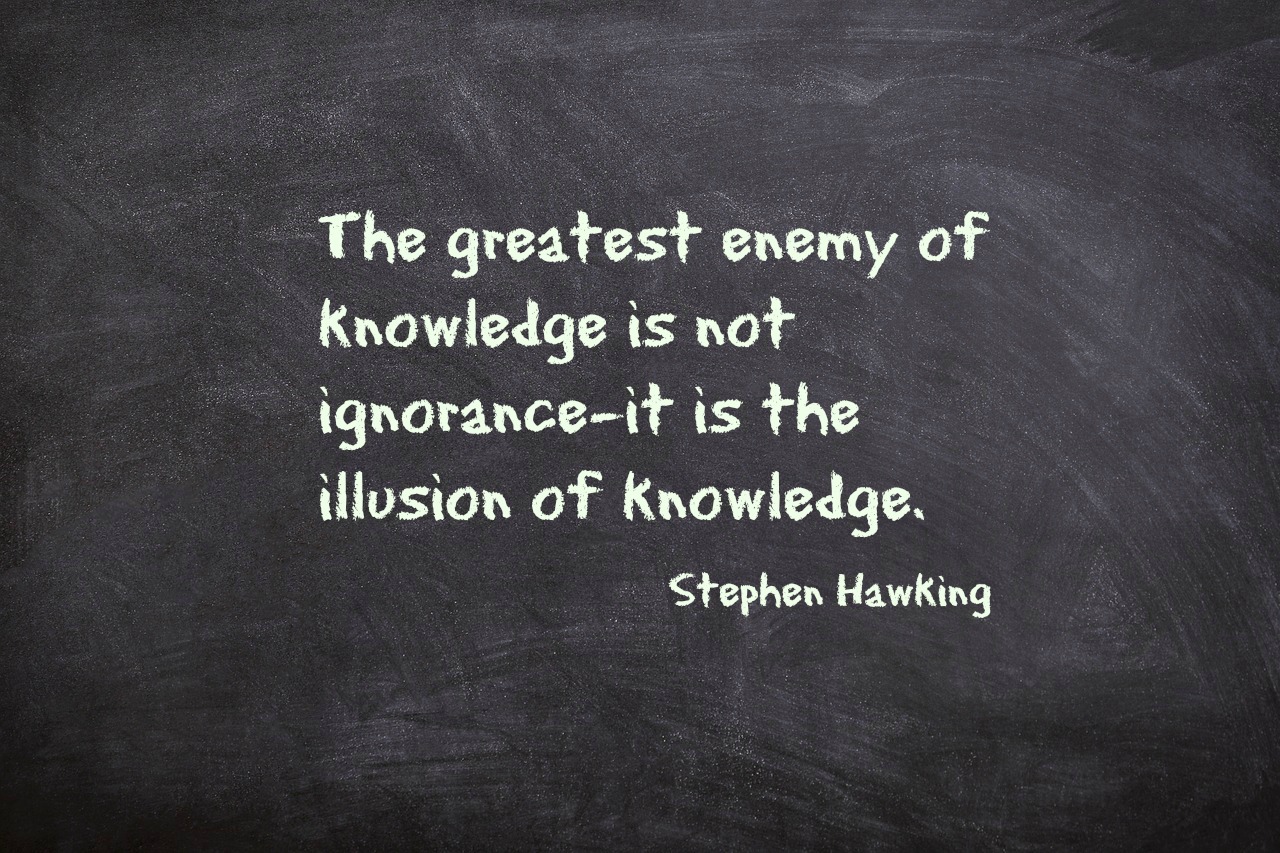Is it only women who find themselves being asked “How do you do it all?”
Generally speaking, the answer to that question is yes. I know for a fact that no one ever asked Mike how he managed to be a father and have a career. But the standard assumption is that women don’t have anyone helping them to do both. When someone asks us how we do it all, they mean all.
For many women, that assumption is accurate. Single fathers are more common than they used to be, but mothers still head 80% of single-parent households in the United States. Even in families where both Mom and Dad work outside the home, women more frequently find themselves putting in what sociologist Arlie Hochschild has called a “second shift”–doing most (if not all) of the unpaid work involved in maintaining a household and raising a family. That means childcare, housekeeping, meal preparation, managing the family calendar . . .
You know that list, right? It’s your life.
Hochschild notes that women have come a long way since she named the “second shift.” More women work outside the home, generating their own income. We make up half the workforce. We occupy high-level positions in industries where only men held power for many years. But, as she also notes, we we still have a long way to go before we achieve a meaningful balance.
And that means–even while we’re working to make the world a more equitable place–we need to work smarter. We can make it a little easier to get it all done.
How?
Make yourself invisible.
If your office door is closed and your colleagues can’t see you, they’re less likely to stop by and chat. If you’re working from home, the same principle applies. (When you have small children at home, of course, you can’t leave them unattended. But you can position yourself somewhere that allows you to see them more easily than they can see you.)
I’m not suggesting you should never be available to others. But when things have to get done, making yourself a little harder to find might buy you enough time to complete a task. When you’re not on a deadline, you can shift the balance and spend more time cultivating the relationships that make work life pleasant.
Work in short bursts, not long stretches.
Devoting an entire day to a single task is rarely an effective strategy. That’s because our brains are designed to shift focus. What we call “multi-tasking” is actually a series of quick shifts among different tasks.
How can you use that fact to your benefit? Break large jobs into smaller ones. Concentrate fully on each job–but only for a short time. Take quick breaks between tasks. Rather than losing focus, you’ll be refreshed. And you’ll be more motivated to get back to work, since you’ve already made some headway.
Plus, taking a break gives your subconscious a chance to work. There’s a reason why you’re more likely to have an epiphany while taking a run or doing the dishes. Your brain accomplishes a lot on its own.
Eliminate unproductive habits.
For several years, I’d check my email as soon as I got to my office. Then, since I was already at the computer, I’d check Facebook. Before I knew it, I’d wasted at least half an hour that I could have spent preparing for class.
Creating new habits helped me salvage that wasted time. Now, I don’t check email until I’m finished teaching for the day. (This helps me stay away from Facebook, too.) I’ve also started closing my email client, rather than leaving it open on my desktop. When I’m not being interrupted by alerts, I’m better able to focus on whatever else I’m doing.
Keeping email confined to a specific portion of my day also forces me to be succinct. That benefits the recipients of my emails as well.
Know your own best time for different kinds of work.
Millions of articles just like this one will tell you to do important work early in the morning, when your mind is fresh. The problem with that advice is, I’m pretty sure I’ve never had a coherent thought before 9:00.
Teaching takes a lot of physical energy and imagination; email, grant reports, and committee work do not. That’s why I try to schedule my classes during those times of day when my brain is sharp and my energy level is high. As it happens, I’m at my best between 9 a.m. and 2 p.m.. I’m that rare being who is neither a morning nor an evening person. (I guess that makes me a midday person.) Knowing this allows me to make use of my time most efficiently.
Be honest with yourself.
If you’re making to-do lists of small tasks but never following through on them, perhaps the struggle you’re dealing with doesn’t have anything to do with ineffective work habits. Perhaps you’re burned out, or settling for a job that’s no longer feeding your spirit.
If that’s the case, then making a plan for moving forward in a new direction is the first order of business. Even if a move isn’t immediately possible, making plans might be what it takes to re-establish your focus. I know I always work best when I can see a light at the end of whatever tunnel I’m traveling through at the moment.
After 20 years of raising kids and working full-time, I’m not convinced that it’s really possible to do it all–not every day, anyway. Perhaps the best any of us can do is work smarter and make sure that it all gets done eventually.





6 Comments
Oh man, working in short bursts is absolutely necessary! I’m the kind of person who feels so much better when my to-do list is done, so this one has taken a bit of work for me. I would work and work and work on something until I was burnt out, miserable, and not even finished. Facebook is also a huge time waster for me….I probably have some changes to make. Haha. Thanks so much for sharing!
Working in short bursts is probably the key to every success I’ve ever had. I’m always telling people that I wrote a novel in the hour between dinner and bath time–I just had to use that hour consistently, over the course of several years!
Working “smarter” is so, so important. I work at a busy market research firm here in NYC where the culture heavily promotes working late and not having much of a work/life balance. Not for me. I’d much rather “work smarter” (following tips like the ones you’ve mentioned) to ensure I can enjoy MY life and maintain sanity. Good ideas!
This is hugely important for women. We’re conditioned to put ourselves last–and when we’re “doing it all,” that means we’re putting self-care at the bottom of a long, long list. Working smarter helps us make the time we need to take care of ourselves AND others.
The burnout — I have found myself in this predicament. Recently, my job shifted a little and the passion is definitely there. I actually enjoy sitting down to the computer to get some of those to-dos off my list. GREAT guide here!! 😉
I’m glad you found it helpful! I think it’s really important to be honest with ourselves about what the problem actually is. If it’s burnout, that requires a totally different solution than the problem of wasting time on Facebook and email.